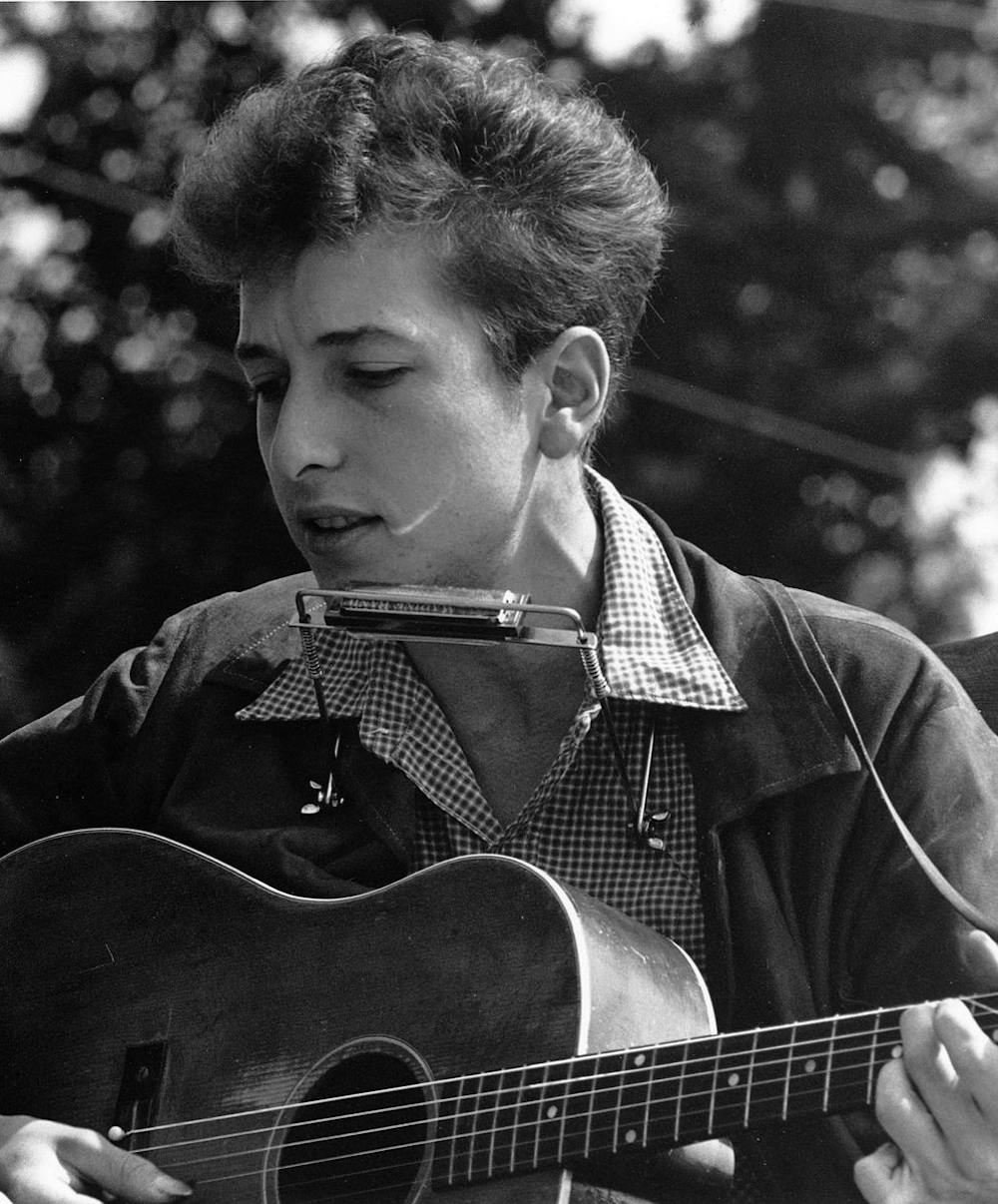By Lake DiStefano
Staff Writer
Hollywood’s infatuation with biopics, specifically those of famous, yet aged-out musicians, has been a long-standing tradition. Between the “Elvis” film, and the recently announced, four-part Beatles biopic, it seems that this impulse has been making a comeback in the many films slated to release in the coming years.
Still, despite these films being extremely easy to market in a very lucrative way, many studios are famous for not considering the lengths needed to make both a commercially and artistically compelling biopic. Such examples of this tension include the well-selling yet critically panned “Bohemian Rhapsody” and “Stardust.”
The most recent of these films is the new Bob Dylan biopic — starring Hollywood obsession Timothée Chalamet. As with all major blockbusters of this ilk, photos and videos from the production have begun to be released, and I have some concerns, to say the least.
Allow me to start by clarifying that I don’t actually dislike the casting of Chalamet, at least not for the reason I see many others expressing. I have little issue with his acting ability; his singing ability, ironically, is where most of my concern stems from.
As seen in his recent performance in “Wonka,” despite the film's music being so far removed from the folk traditions of Bob Dylan, Chalamet can sing quite well in fact. Famously, Bob Dylan cannot sing.
Now that's not to say his songs sound bad — far from it. Dylan’s songs are about acute analysis, literary excellence and cultural commentary. The melody is merely a medium for his message. All of his most famous songs — “The Times They Are A-Changin'” comes to mind — are excellent examples of his unique form of songwriting.
I worry that Chalamet may taint the purpose of these tunes by overdoing it in the vocal department. Even if Dylan’s nasally drawl is faithfully recreated, Chalamet’s vocally impressive moments could distract from the raw beauty his songs have in their most basic forms.
Another concern I have, which is one most biopics struggle with at some point, is historical accuracy — specifically concerning the moment in which Dylan’s songs met. Most of Bob Dylan’s most famous work was made in response to larger cultural influences and events such as military conflict and political unrest.
Given the run-time constraints of a big-budget film such as this, I worry that the filmmakers will be forced to leave out this crucial cultural context, leaving the story of Dylan’s discography in a timeless limbo of sorts.
This brings me to my biggest concern surrounding a project like this: the entire point and interest of Dylan as a public figure is his elusiveness. Throughout his long career, Dylan has been shrouded in a veil of mystery and intrigue, utilizing the intrinsic human desire for knowledge to his advantage.
The question is always more interesting than the answer. Therefore, telling a straight story about his life strips it of almost all of its soul.
The point is that you’re not supposed to ever fully understand Dylan. He is content with writing incomprehensible yet resonating ballads in response to whatever cultural event he deems interesting enough to speak on.
In this vein, there is already a perfectly good biopic about Dylan, that maintains a careful balance between all the tenets of why he’s such a compelling artist.
“I’m Not There” utilizes different actors and filming styles to draw distinct lines between the many eras of Dylan’s life. This allows the film to touch on all the major milestones of his career, while still retaining that held-at-a-distance feeling all of Dylan’s work exudes.
It presents the artist in all his multitudes, scattered throughout sporadic and disjointed scenes, with no attempt made to draw a throughline for the audience to follow. It's as accurate a depiction as any of what Dylan is like as an artist and songwriter.
Despite this, I will reserve my full judgment until this film is released. These are merely the many pitfalls I, unfortunately, see this biopic falling into throughout its production.







